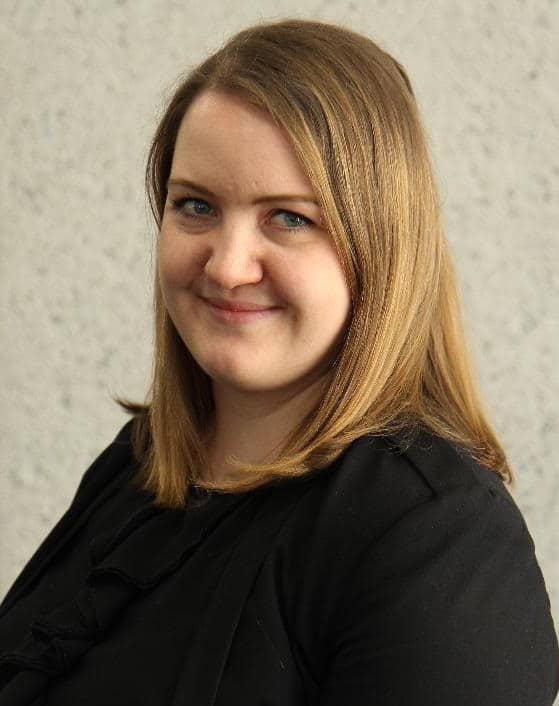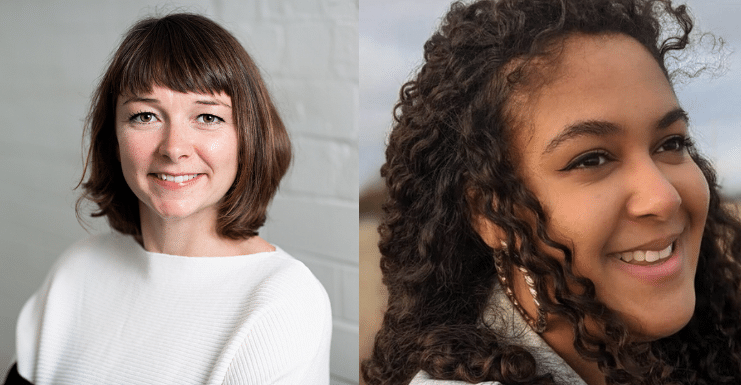
Making ‘relational’ real: Our experience of funding during Covid
Learning from funding during Covid blog series
We were told to work from home after I spent less than 2 weeks at The Robertson Trust. I barely had time to learn everyone’s name (sorry colleagues). I had just moved myself up from London to Glasgow. All my stuff (plus partner) was in a mountain of boxes in our tiny Greenwich flat, ready for us to move into our new house on the 24th of March. That’s right – the day after lockdown.
I’m glad to say that we did manage the move – but not without a huge amount of stress, panic and surviving for more than a month with no furniture.
At the same time, The Robertson Trust was experiencing its own stresses: a change in organisational structure, a new strategy to work out and staff adjusting to working from home.
Reflecting on the last six months, one thing I know now is the antidote to stress is being kind to yourself and asking for support when needed. I have certainly leaned on friends and family for support and given into a lot of creature comforts during lockdown. But, can we, as a Trust extend a sort of organisational kindness?
A new (kinder) approach?
We know that many Third Sector organisations have struggled to raise funds or generate income throughout lockdown and that many have had to radically change the way they operate. At the same time, they are seeing more demand from the communities they serve. In short, the charities we support, and the people who work or volunteer in them, are having a tough time.
We already knew that one of the ideas we wanted to employ in our new way of working was being ‘relational’. While principles on paper can be often be meaningless, the need for a relational approach has really come alive over the last six months. Although developing and implementing a new strategy during lockdown hasn’t been easy, I don’t believe we would have lived this principle so fully if it had been at any other time.
I see ‘relational’ as being supportive or kind – values that continue to be present in abundance across communities in Scotland. And just like going the extra mile for friends and family during lockdown; the same is true of the charities we work with.
‘I see ‘relational’ as being supportive or kind … just like going the extra mile for friends and family during lockdown; the same is true of the charities we work with.’
As part of developing our new strategy, we have reviewed our communication. The way we communicate externally is now friendlier, supportive and more straightforward. We’ve also thought about accessibility and given options for people to highlight additional support needs.
A new strategy gave us time to assess our relationships and our role as a funder. We proactively build and maintain relationships in a wide range of sectors. We listen to how areas that we are interested in supporting have been impacted by Covid and how, using our assets as a funder and connector, we can help to make a difference.
Through the development of our funds, we reviewed the way we considered applications: We thought hard about the experience from an applicant’s point of view. We now have clearer and more transparent application and assessment processes that are proportional to the amount organisations receive.
Using Trust in Learning
Our approach to learning from our funds is based on relationships and trust. We will no longer ask our grant holders to tell us what outcomes they want to achieve. We will no longer ask them to measure those outcomes at the end of their grant period. We trust them to know the needs of their communities, to spend their grant wisely and to do a good job.
‘We trust our grant holders to know the needs of their communities, to spend their grant wisely and to do a good job.’
We know that many people working in the third sector spend too much time writing funding applications and reporting on that funding. If a project or service has a melting pot of funders with different reporting requirements, that can mean a huge amount of time away from frontline work.
We still want to hear from grant holders at the end of their grant, but we want to check in on their experience: What were they able to do with their funding? What went well? What challenges did they face? How can we help them to overcome these in the future?
Organisations we fund can also choose to report to us in a way that’s meaningful for them. We’re happy to speak on the phone or they can send us a video or a report they’ve already made.
Part of our approach to learning, and the shift away from formal reporting, is about seeing the benefit of informal data. What will tell us more about an organisation – a list of outcomes that they may or may not have achieved, or an informal chat where they have free-reign to tell us everything about their work? I’m excited to see informal conversations and peer learning events sitting alongside more traditional methods of evaluation like surveys.
After all, we’re not here to monitor and regulate funding – we’re here to support organisations and learn alongside them.
‘We’re not here to monitor and regulate funding – we’re here to support organisations and learn alongside them.’
What next?
The only thing about the immediate future is its uncertainty. We don’t know when or how new restrictions will end. We don’t know how badly the third sector will be affected. We don’t know the long-term impact on communities. We do know, however, that the pandemic isn’t over, and the foreseeable future will continue to be tough for everyone.
Despite this, I believe lockdown has made us a kinder funder who looks to build strong relationships with the organisations we work with. We’ve really brought to life the principle of being relational and we will continue to put this principle in action.
Hazel is a member of our Evaluation Roundtable Community of Practice for learning and evaluation staff in UK trusts and foundations. If you are interested in joining, please email vanessa@ivar.org.uk.
Next Thursday (22nd October), in the second in our new series of blogs about learning from funding during Covid, Himali Dave, from the Urban Movement Innovation Fund, will reflect on what she and colleagues have been learning about how best to support organisations to create a collective impact.

